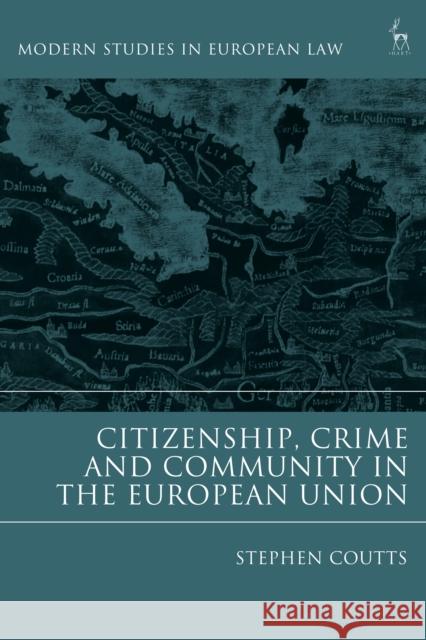Citizenship, Crime and Community in the European Union » książka
topmenu
Citizenship, Crime and Community in the European Union
ISBN-13: 9781509915361 / Angielski
Citizenship, Crime and Community in the European Union
ISBN-13: 9781509915361 / Angielski
cena 462,44
(netto: 440,42 VAT: 5%)
Najniższa cena z 30 dni: 435,41
(netto: 440,42 VAT: 5%)
Najniższa cena z 30 dni: 435,41
Termin realizacji zamówienia:
ok. 22 dni roboczych.
ok. 22 dni roboczych.
Darmowa dostawa!
Kategorie:
Kategorie BISAC:
Wydawca:
Hart Publishing
Seria wydawnicza:
Język:
Angielski
ISBN-13:
9781509915361











